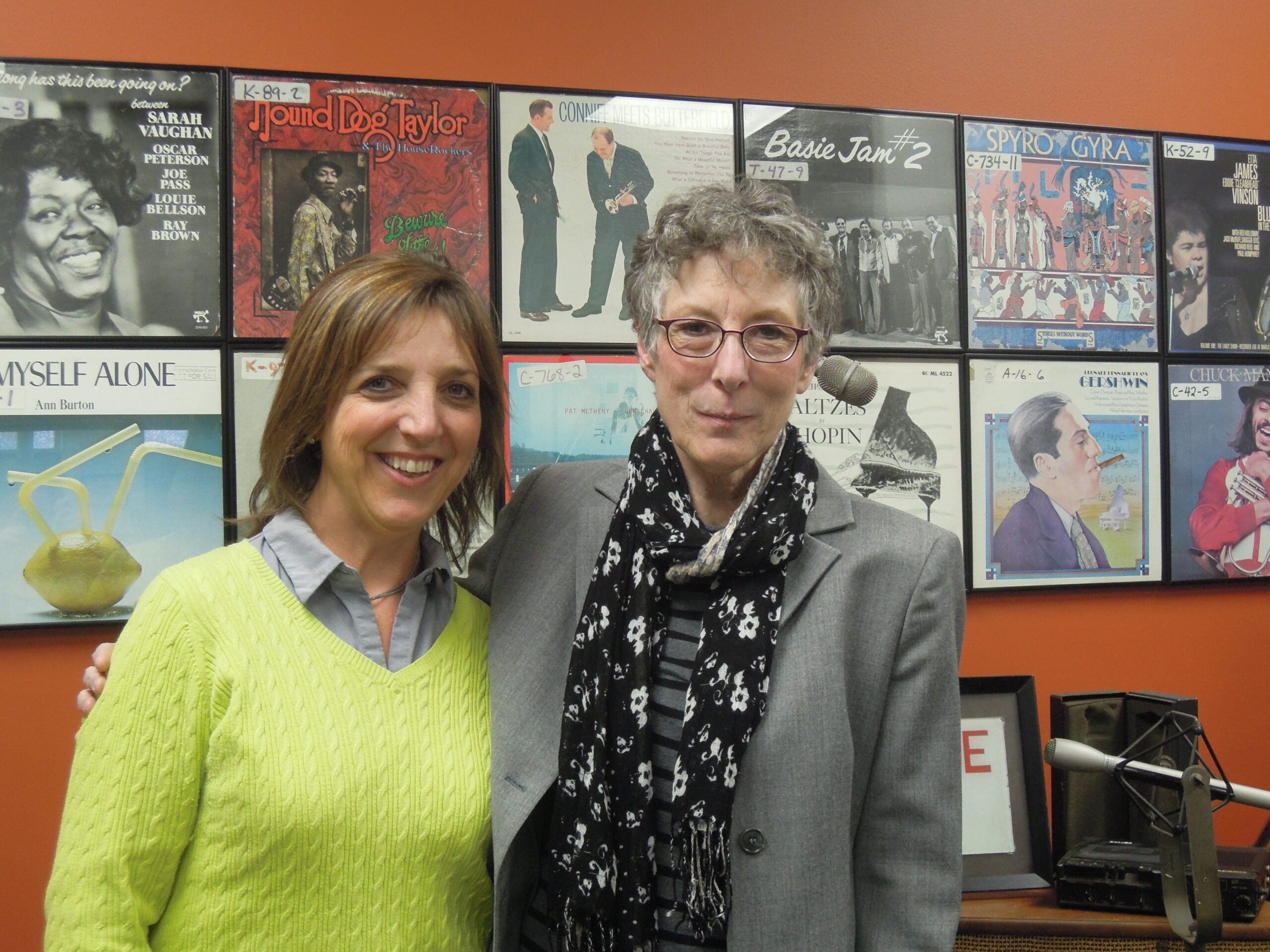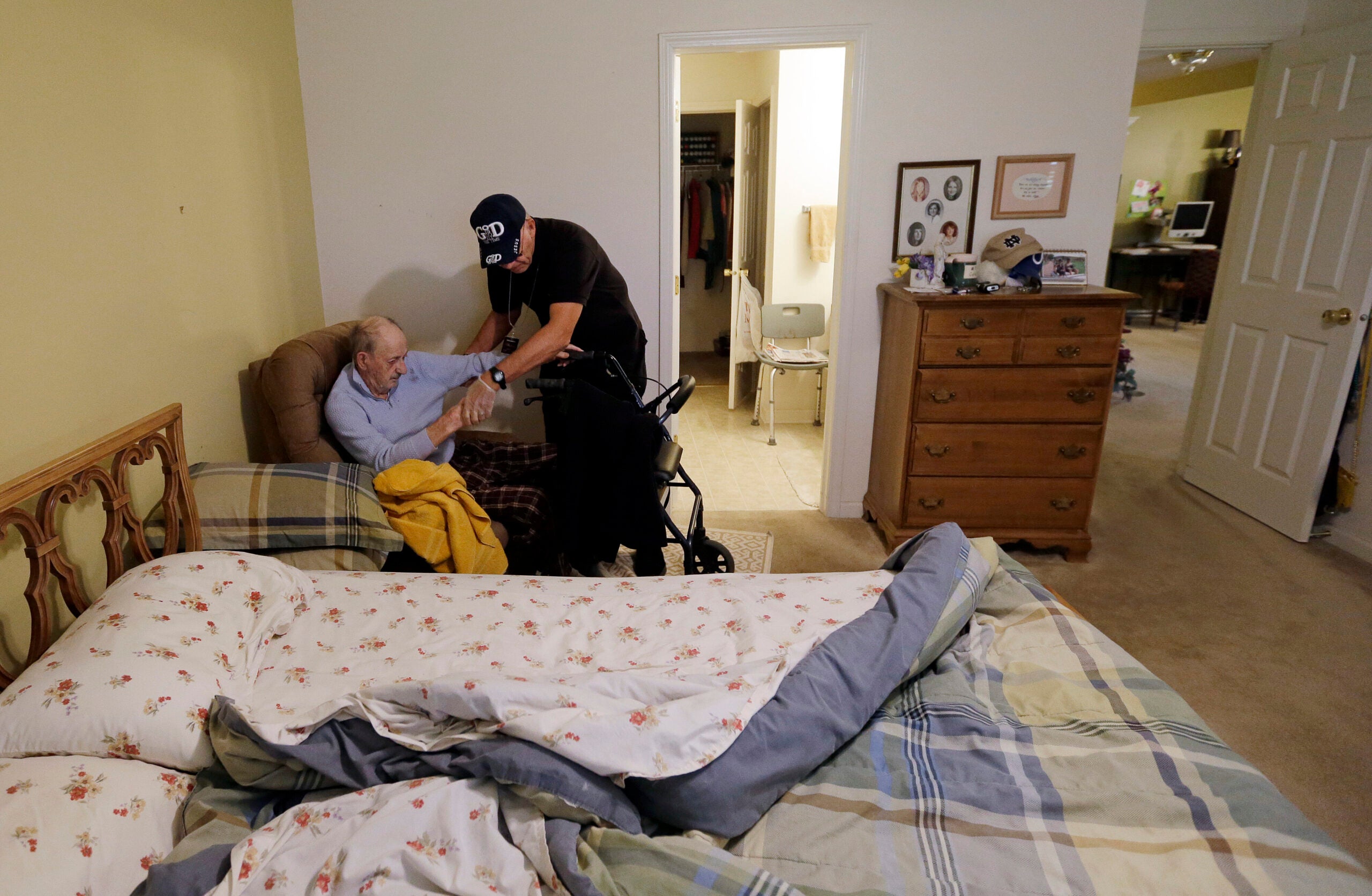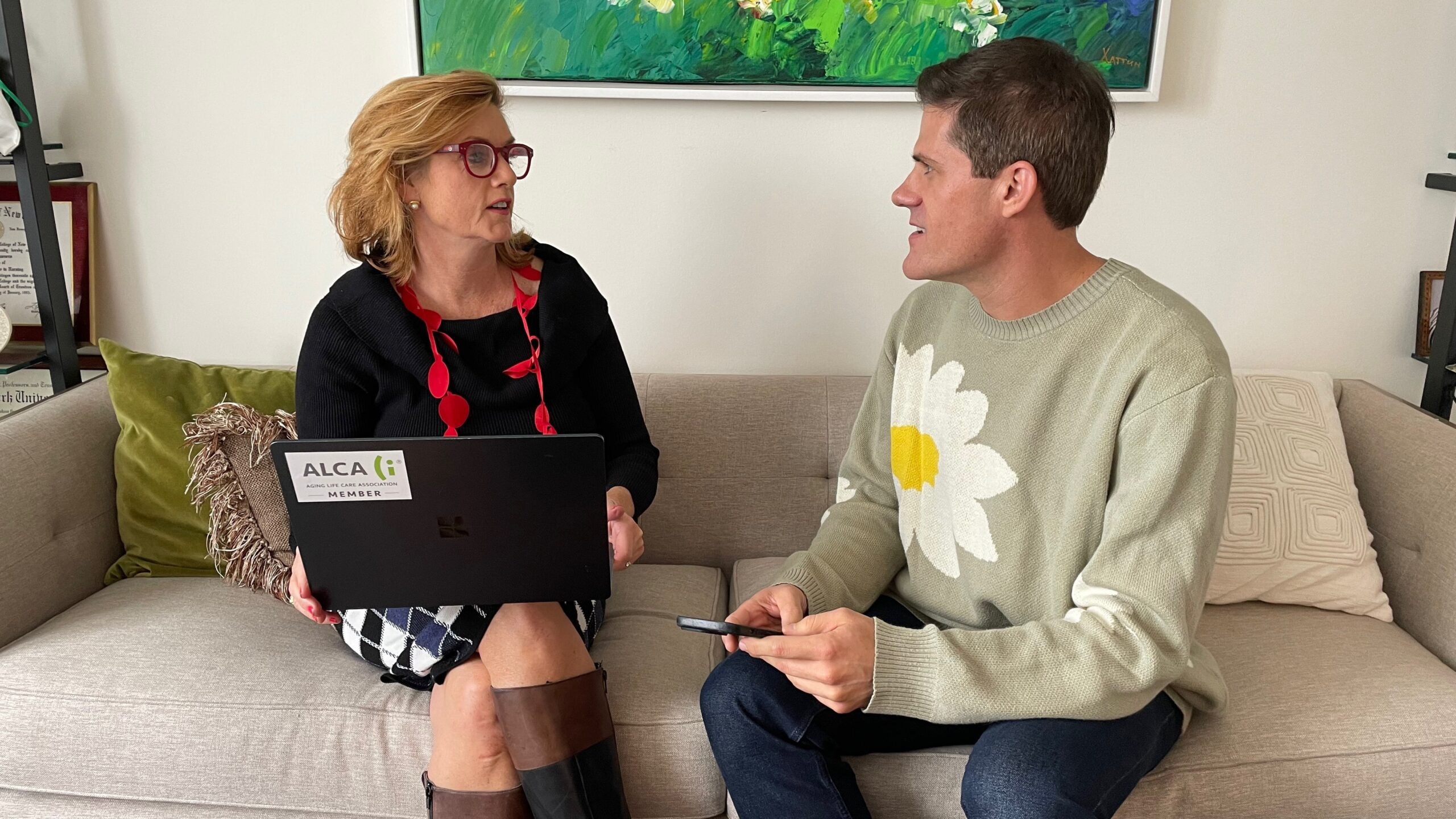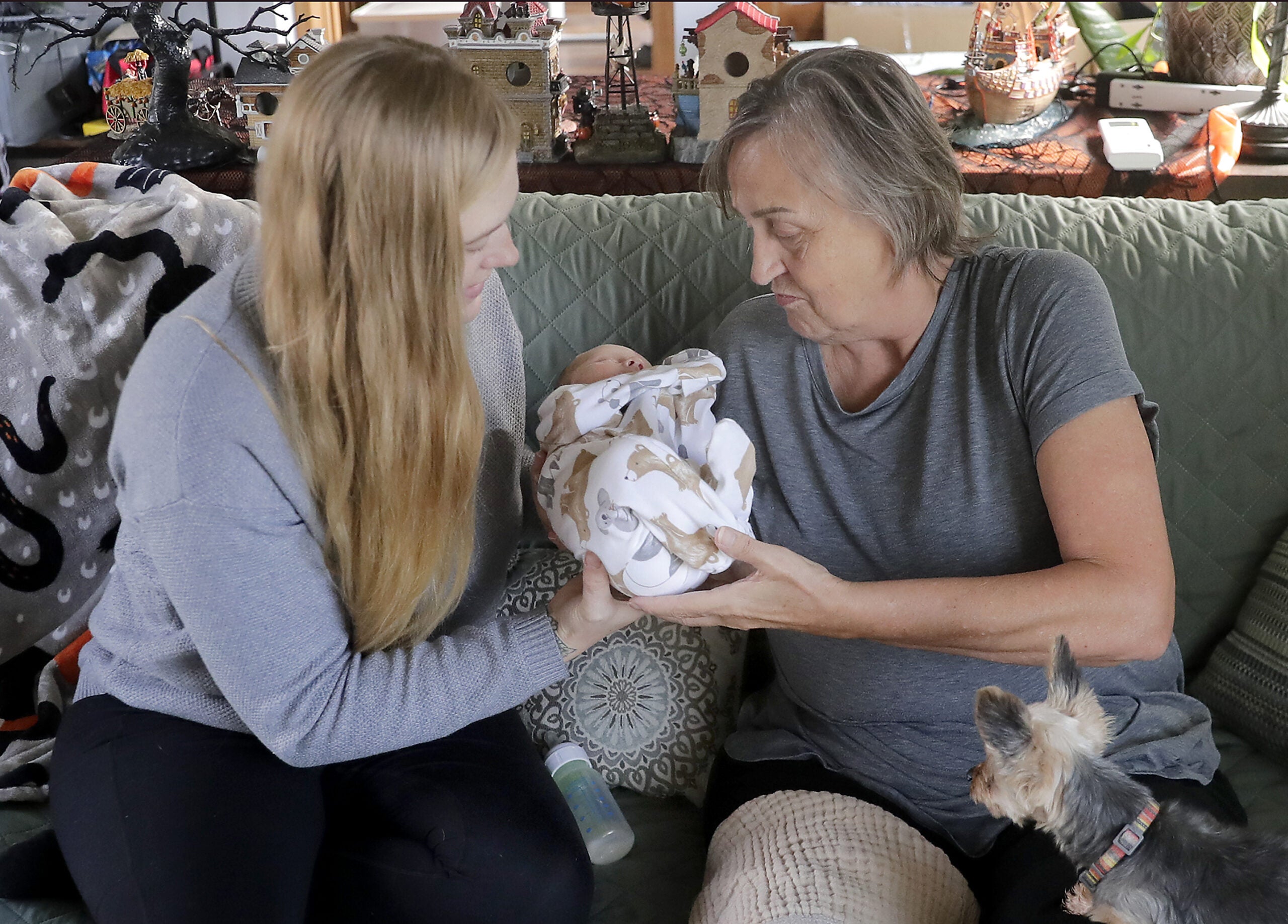Dementia Care Part 2-
A mother takes a 40 mile trip to see her daughter. When she gets to what she thinks is her destination, she combs the neighborhood where her daughter used to live, only to find she doesn’t live there anymore. She stops at a convenience store to ask for directions, but can’t remember the address she’s looking for, or even her daughter’s name.
Welcome to living with dementia. That happened in western Wisconsin to Kris Bergdahl’s mom. Luckily, she made it home safely, but Bergdahl said dealing with the aftermath of that situation was one of the tough moments of being a child who is caring for someone with dementia.
“The decision was made that day— driving is not going to happen anymore,” she said. “And to see how that changed my mom, she knew she lost her freedom that day. She forever was commenting on how we took that away from her. Obviously, it was for her own safety, but it was so hard on her.”
While surrendering her drivers’ license was hard for Kris Bergdahl’s mother, it likely pales in comparison to the toll that caring for a spouse or parent can have on a family. The majority of people living with dementia are still living at home alone and/or under the care of family members. Kris Bergdahl and her sisters shared in the caregiving duties for their mom while she was living at home. But Bergdahl also has a husband and children. She is a member of the so-called sandwich generation, defined by having parents and children to care for.
“When caring for my mom, not only did it affect the amount of time I had to spend with my children, but there was also this pull where I noticed my mom needing me to be the one who gave her my full attention, and then a disconnect between she and her grandchildren, where the children needed me and were looking for my attention, and she needed me and was looking for my attention. There was a period where I noticed my children were not finding love for their grandma anymore because she was no longer treating them like she used to,” Bergdahl said. “Then there’s the relationship between a husband and a wife when you just don’t have time to talk anymore because you are caring for your mom.”
As the Caregiver Coach Program Coordinator for the Aging and Disability Resource Center of Western Wisconsin, its Amy Brezinka’s job to provide support to the caregivers of people with long term health issues including dementia. She said she often has to remind the caregiver to take care of themselves, or the stress will make them sick, and to stop being guilty because they are doing the best they can. And it’s important for caregivers to educate themselves about the help that’s available in the community.
“They are trying so hard to do their best to care for the other person. That’s a 24/7 job. It just takes a toll on them. So I talk a lot to caregivers about taking good care of yourself, trying some of the services in the community, but also being aware of the long term care options (for those with dementia) in our community,” Brezinka said. “Then if something would happen, it’s not a crisis and you’re more prepared.”
Brezinka said as the Kris Bergdahl’s of the world share their stories and more families find themselves in similar situations, the stigma surrounding dementia starts to melt away. Bergdahl’s family is no longer providing day-to-day care. Her mom is now living in a long term care facility. But Kris Bergdahl still takes her mom to church and she said it’s been good for community members, who knew her before dementia, to see the progression of the illness.
by John Davis
Episode Credits
- Hope Kirwan Host
- John Davis Producer
- Kris Bergdahl Guest
- Carol Monsebroten Guest
- Amy Brezinka Guest
Wisconsin Public Radio, © Copyright 2024, Board of Regents of the University of Wisconsin System and Wisconsin Educational Communications Board.






